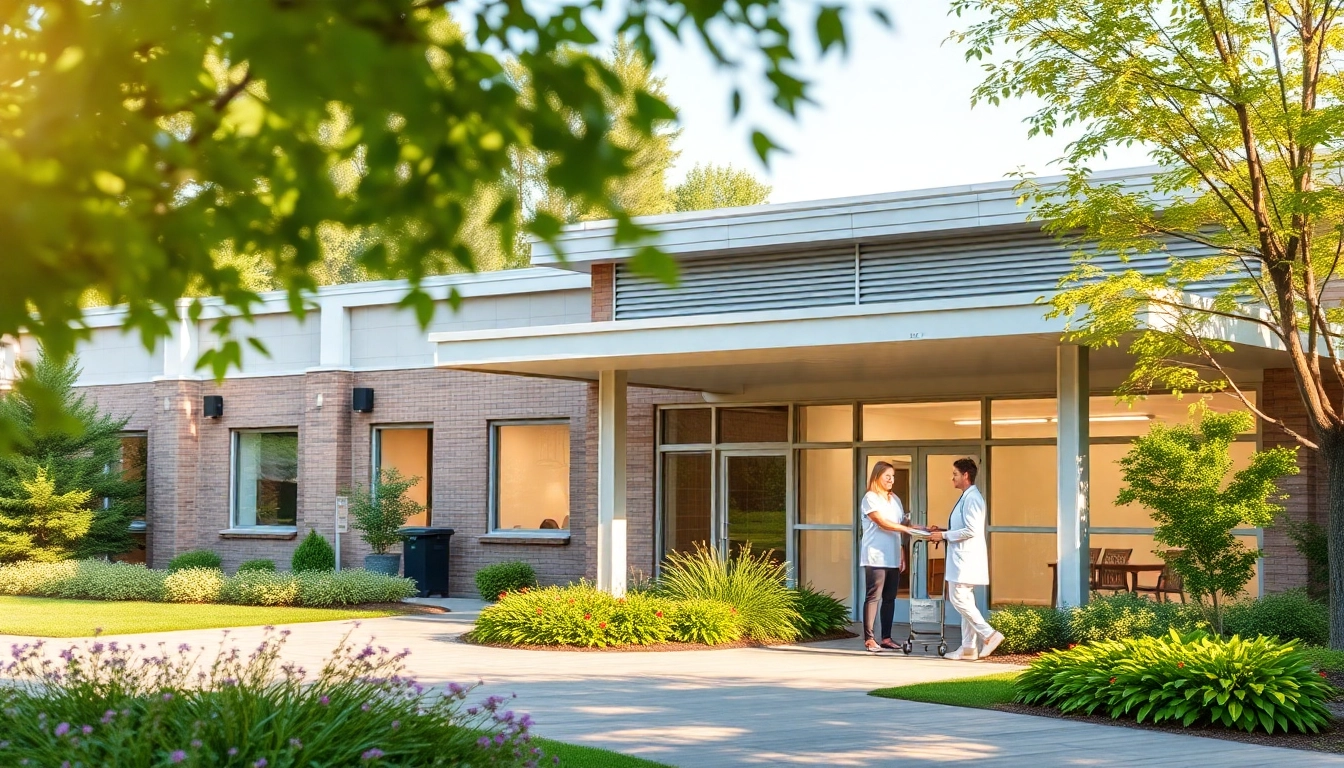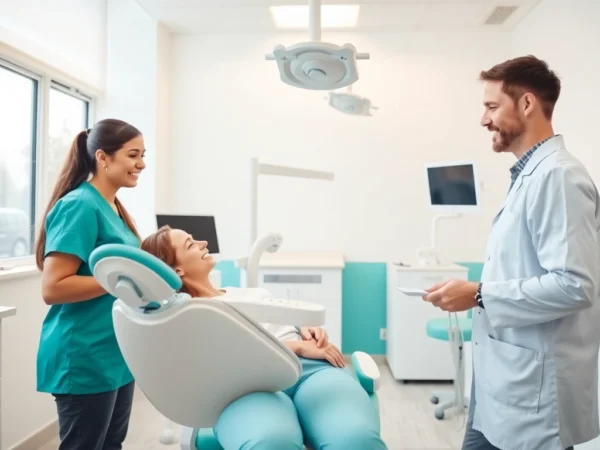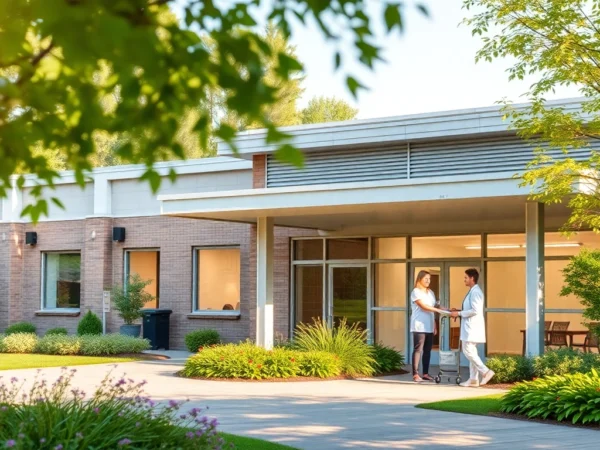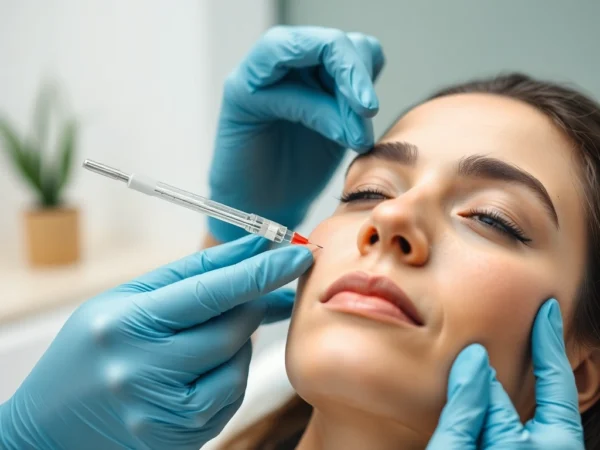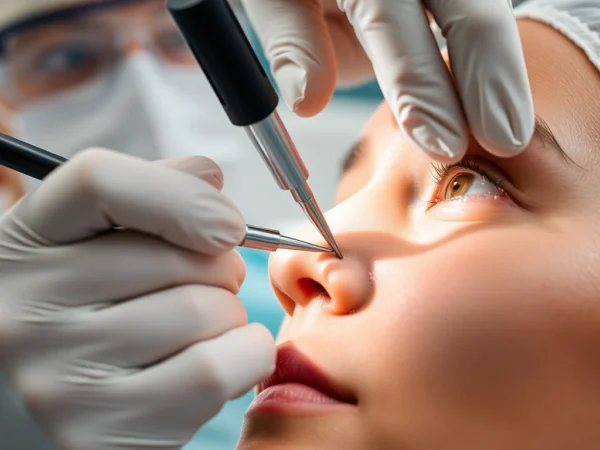Efficient Rehabilitation Center in Kyiv for Addiction Recovery and Holistic Healing
Understanding the Role of a Rehabilitation Center in Overcoming Addiction
Rehabilitation centers serve as critical institutions in the journey toward recovery for individuals battling addiction. These specialized facilities provide a structured environment where patients receive comprehensive treatment tailored to their specific needs, aiming not only to eliminate substance dependency but also to restore physical, psychological, and social well-being. The significance of a rehabilitation center goes beyond mere detoxification; it encompasses a holistic approach that addresses underlying causes, co-occurring mental health disorders, and social reintegration challenges.
Choosing an appropriate rehabilitation center is a decisive step in overcoming addiction, as it influences treatment outcomes and long-term sobriety. For those seeking help in Kyiv, the local rehabilitation center offers a reputable model of integrated care, emphasizing evidence-based methods, natural healing environments, and ongoing support systems. The center’s approach aligns with global best practices, ensuring that patients are equipped with the tools necessary to rebuild their lives sustainably.
Core Components of Effective Rehabilitation in Kyiv
Initial Assessment and Personalized Treatment Plans
The foundation of successful rehabilitation lies in comprehensive initial assessments conducted by multidisciplinary teams of medical professionals, psychologists, and social workers. These assessments evaluate the patient’s physical health, history of substance use, mental health status, and social circumstances. Based on this data, personalized treatment plans are developed, ensuring that therapy addresses individual needs, severity of dependence, and underlying psychological issues.
Therapeutic Approaches: Medical, Psychological, and Holistic Methods
Effective rehabilitation combines various therapeutic modalities:
- Medical Treatment: Supervised detoxification, medication-assisted therapy (MAT), and management of withdrawal symptoms.
- Psychological Therapy: Cognitive-behavioral therapy (CBT), motivational interviewing, and group counseling to confront behavioral patterns and foster motivation for change.
- Holistic & Alternative Methods: Art therapy, mindfulness practices, physical activities, and wellness programs that support mental and emotional resilience.
The Role of Aftercare and Ongoing Support in Relapse Prevention
Recovery isn’t limited to inpatient treatment; ongoing support plays a vital role. Effective aftercare includes regular counseling, peer support groups, vocational training, and family involvement. Continued engagement with professional support systems significantly reduces relapse risks, promoting sustained sobriety and social reintegration.
Choosing the Right Rehabilitation Center in Ukraine
Criteria for Evaluating Professional Addiction Treatment Facilities
When selecting a rehabilitation center, several criteria ensure quality and effectiveness:
- Licensing and Certification: Confirm that the center complies with national health standards and has qualified staff.
- Comprehensive Treatment Programs: Look for centers offering multidisciplinary approaches, including medical, psychological, and social interventions.
- Individualized Care: Facilities should tailor programs to patient needs, avoiding generic or cookie-cutter solutions.
- Facilities and Environment: Comfortable, safe, and natural surroundings support mental health and motivation.
Benefits of a Non-religious, 12-step-based Program Like Ours
Our center employs a secular, evidence-based approach, primarily based on the Minnesota Model of the 12-step program. Unlike religious or faith-based methods, this program respects diverse beliefs, focusing on personal responsibility, peer support, and behavioral change. This approach fosters a supportive community and empowers individuals to regain control over their lives without religious dependence.
How Local Centers Compare with International Standards
Ukrainian rehabilitation centers, such as «Троицкий», are increasingly adopting international best practices, including trauma-informed care, integrated treatment models, and evidence-based therapies. They benefit from collaborations with global institutions and incorporate modern medical and psychological techniques to ensure high-quality service delivery. Consequently, local centers can now offer comparable or even superior care tailored to the context-specific needs of Ukrainian patients.
Integrating Modern Treatments and Natural Environments
The Significance of Comfortable, Healing Surroundings in Recovery
Natural, tranquil environments play a crucial role in the healing process. Centers like «Троицкий» are situated in green, peaceful areas, promoting relaxation and mental clarity. Such surroundings reduce stress, improve mood, and facilitate outdoor activities that enhance physical health, all essential elements in comprehensive recovery. The connection with nature has been shown to decrease anxiety and foster a sense of well-being.
Innovative Techniques Used in Kyiv’s Leading Rehabilitation Centers
Kyiv’s top centers incorporate cutting-edge treatment modalities, including neurofeedback, virtual reality therapy, and pharmacogenetic assessments. These techniques enhance traditional therapies, providing personalized interventions that improve efficacy. Moreover, integrative approaches combining traditional psychotherapy with mindfulness, biofeedback, and holistic practices drive better long-term outcomes.
Evidence-based Outcomes for Integrated Rehabilitation Approaches
Studies globally demonstrate that multi-modal, integrated programs significantly increase sobriety rates and improve quality of life post-rehabilitation. Centers employing such practices record higher patient retention, lower relapse rates, and better psychosocial functioning, making them the preferred choice for sustainable recovery.
Long-term Success and Resoсialization Post-Rehabilitation
Developing Lifelong Sobriety with Personalized Programs
Achieving lasting sobriety requires tailored, long-term strategies. Post-rehab plans often include continued therapy, regular drug testing, lifestyle coaching, and skill development, enabling patients to maintain progress independently. Personal resilience, supported by individualized tools, is a cornerstone of enduring recovery.
Support Networks, Counseling, and Community Reintegration
Successful re-socialization involves reconnecting individuals with family, community, and employment. Support groups, peer mentoring, and vocational training facilitate societal reintegration, foster social bonds, and help rebuild confidence. Building a strong, supportive environment reduces isolation and encourages accountability.
Measuring Recovery Success and Continuous Improvement
Outcome measurement tools, such as relapse rates, quality of life indices, and psychological assessments, guide ongoing treatment adjustments. Centers commit to continuous improvement through staff training, technological integration, and feedback collection from patients and families, ensuring that care remains aligned with evolving best practices.
